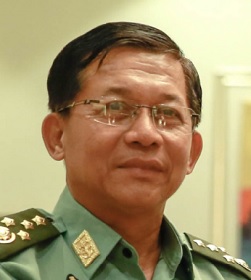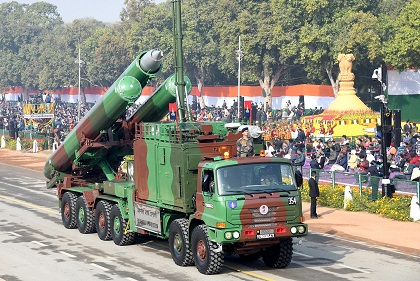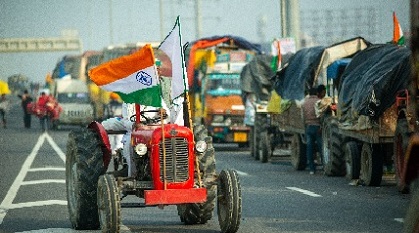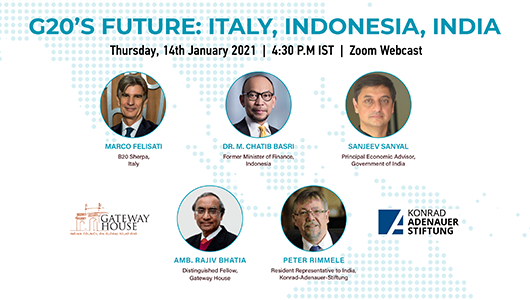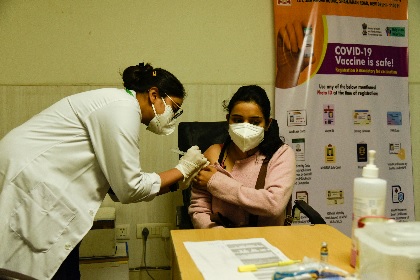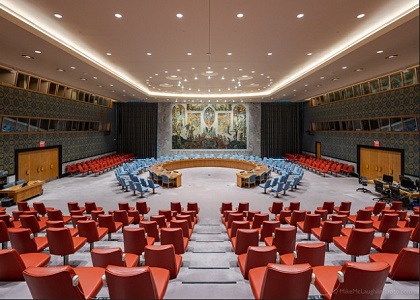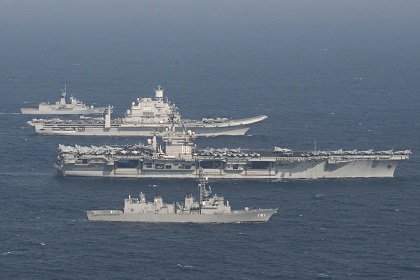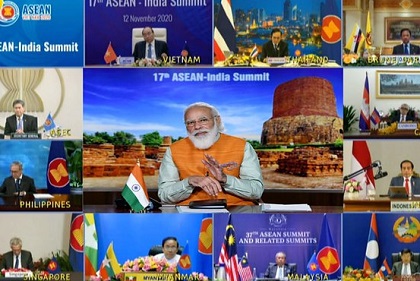Myanmar’s military coup
On February 1, the Myanmar army seized power, turning a partial democracy into a full-fledged military rule, once again. Whenever democracy suffers, India feels concerned. However, New Delhi is committed to the policy of non-interference in another state’s internal affairs. It is also guided by its national interest and will astutely balance principles, values, interests, and geopolitical realities.

